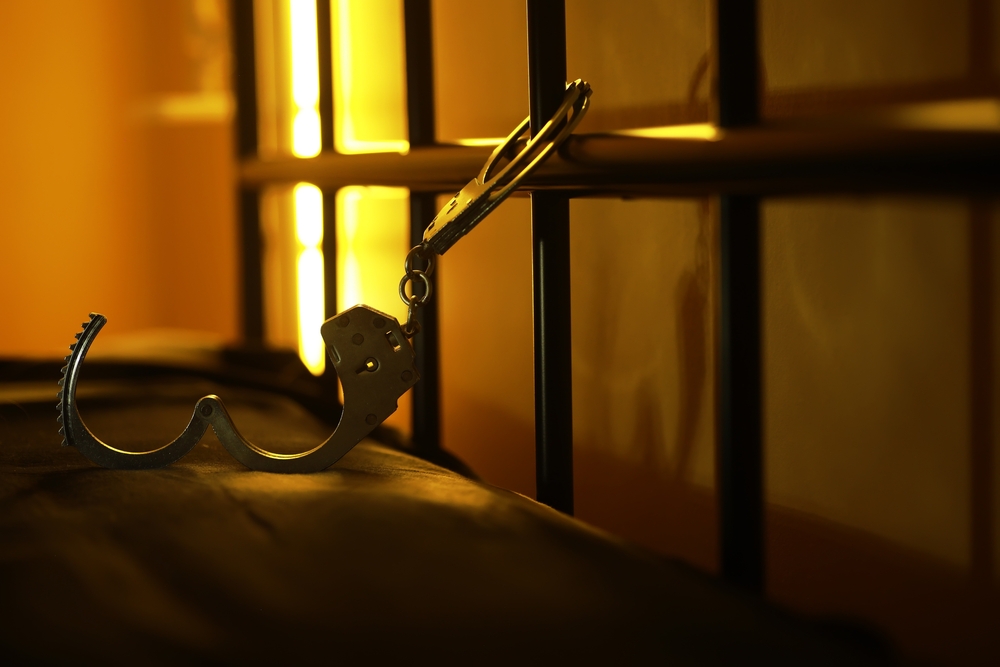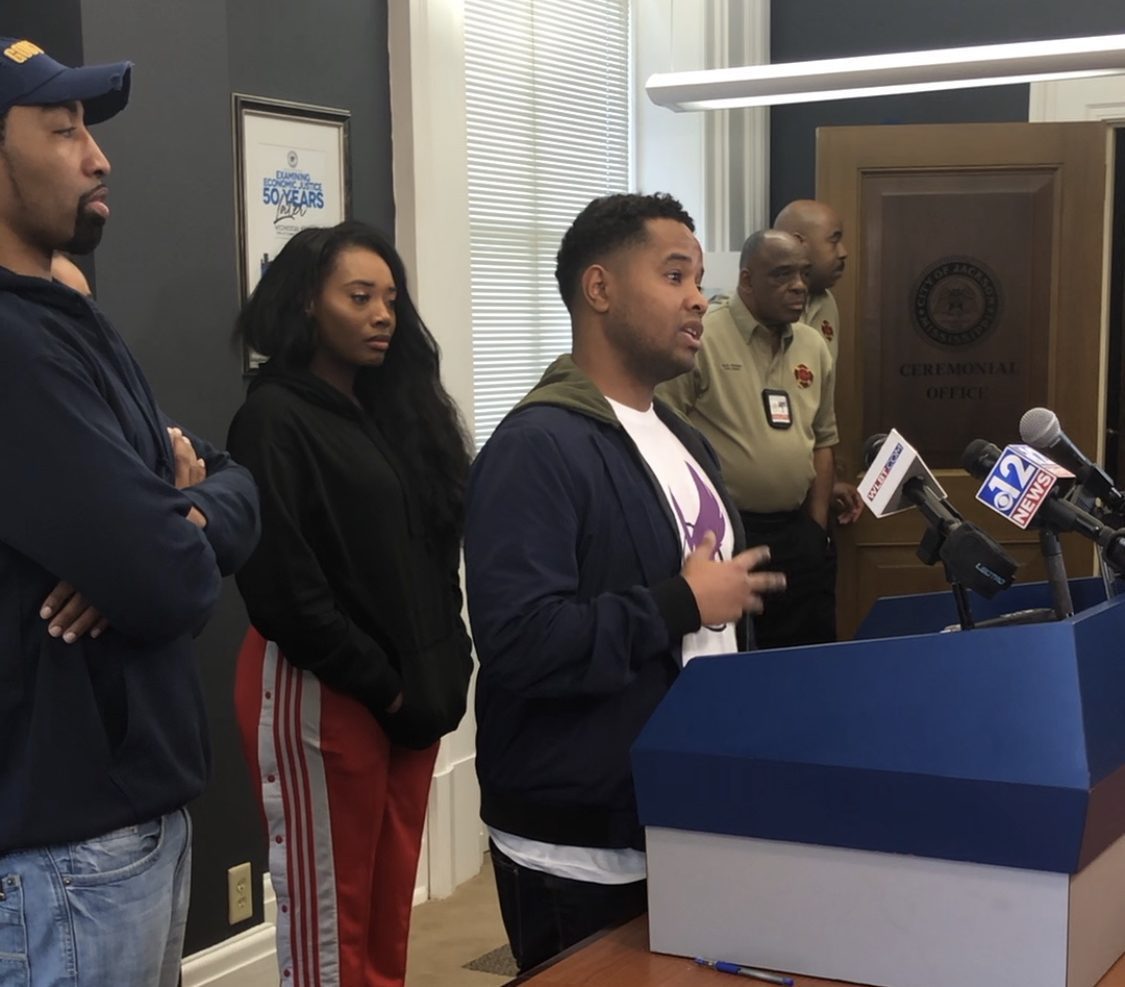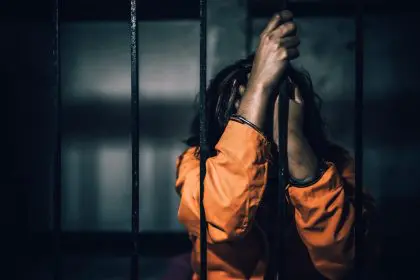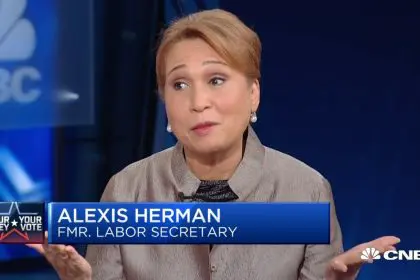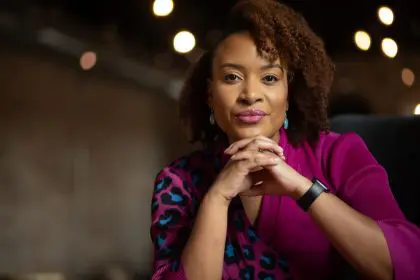The Rikers Island Doula Program is revolutionizing pregnancy and childbirth experiences for women in custody, offering critical support during one of life’s most vulnerable moments. This initiative, launched following a 2021 push by New York City Councilwoman Helen Rosenthal, ensures incarcerated women receive compassionate care throughout their maternal journey.
The critical need for maternal support in correctional facilities
For expectant mothers at Rikers Island, pregnancy presents unique challenges that extend far beyond those faced by women in traditional settings. The correctional environment often limits autonomy and creates additional stressors during pregnancy.
Grace Pipkin, a 23-year-old mother of two currently expecting her third child while at Rikers, has experienced a profound shift in her pregnancy journey through the doula program. Her previous pregnancies lacked personal agency, with her needs and concerns frequently overlooked. Now, with dedicated doula support, Pipkin feels empowered and understood in ways previously unavailable to her.
This transformation highlights the program’s core mission: restoring dignity and voice to women navigating motherhood within the constraints of incarceration.
How the program operates
The Rikers Island Doula Program represents a collaborative effort between the Caribbean Women’s Health Association and New York City’s Department of Corrections. This partnership delivers comprehensive support through several key services, regular prenatal support sessions occurring twice weekly, a minimum of three hours of direct care during each visit, personalized birth preparation guidance, labor and delivery assistance when requested, and postpartum care and emotional support
This structured approach ensures continuity of care throughout the pregnancy journey, addressing both physical and emotional needs that might otherwise go unmet.
Department of Corrections Commissioner Lynelle Maginley-Liddie emphasizes that safe and supportive childbirth environments represent a fundamental human right, regardless of a woman’s circumstances. This philosophy guides the program’s implementation and ongoing development.
The doulas making a difference
Behind the program’s success stands a team of dedicated doulas committed to maternal health equity. These professionals bring both technical expertise and personal compassion to their roles, creating meaningful connections with the women they serve.
Mathania Toussaint, one of the program’s doulas, entered the maternal health field specifically to address the disproportionate mortality rates affecting Black women during pregnancy and childbirth. Her commitment reflects the program’s dual purpose: providing individualized support while tackling broader systemic disparities in maternal care.
The doulas serve as advocates, ensuring that incarcerated women maintain their right to informed decision-making throughout pregnancy and delivery. This advocacy extends beyond medical settings, helping women navigate the complex intersection of maternal care and correctional policies.
The impact on expectant mothers
For women like Pipkin, the program offers more than just practical assistance, it provides crucial emotional support from someone who understands their unique situation. The connection between doula and mother creates a safe space for expressing concerns, asking questions, and preparing for the challenges ahead.
The presence of a knowledgeable advocate during medical appointments and procedures helps ensure that incarcerated women receive appropriate care and that their preferences are respected whenever possible. This representation proves particularly valuable in a system where pregnant inmates often face significant barriers to quality maternal healthcare.
Addressing maternal health disparities
The Rikers Island Doula Program directly confronts the troubling disparities in maternal health outcomes across racial and socioeconomic lines. These disparities become even more pronounced within correctional settings, where access to specialized care may be limited.
Women of color, particularly Black women, face significantly higher rates of pregnancy-related complications and mortality. By providing targeted support to this vulnerable population, the program works to mitigate these disparities and improve outcomes for both mothers and infants.
The doulas’ understanding of these systemic issues informs their approach, allowing them to offer culturally responsive care that acknowledges the unique challenges faced by women from different backgrounds.
Looking toward the future
Since its implementation, the Rikers Island Doula Program has demonstrated promising results, suggesting a model that could be replicated in correctional facilities nationwide. The program’s emphasis on dignity, autonomy, and compassionate care represents a shift in how incarcerated pregnant women are supported through their maternal journey.
As awareness of the program grows, advocates hope to see expanded resources and increased accessibility for all pregnant women in custody. The initiative stands as evidence that meaningful support can exist even within the constraints of the correctional system.
The program continues to evolve, incorporating feedback from participants to better meet their needs and address emerging challenges. This responsiveness ensures that the support provided remains relevant and effective for the women who need it most.
For Pipkin and others like her, the program offers something invaluable: the knowledge that their pregnancies, their bodies, and their babies matter, regardless of their current circumstances. This affirmation of humanity within the correctional system represents the program’s most profound achievement.

